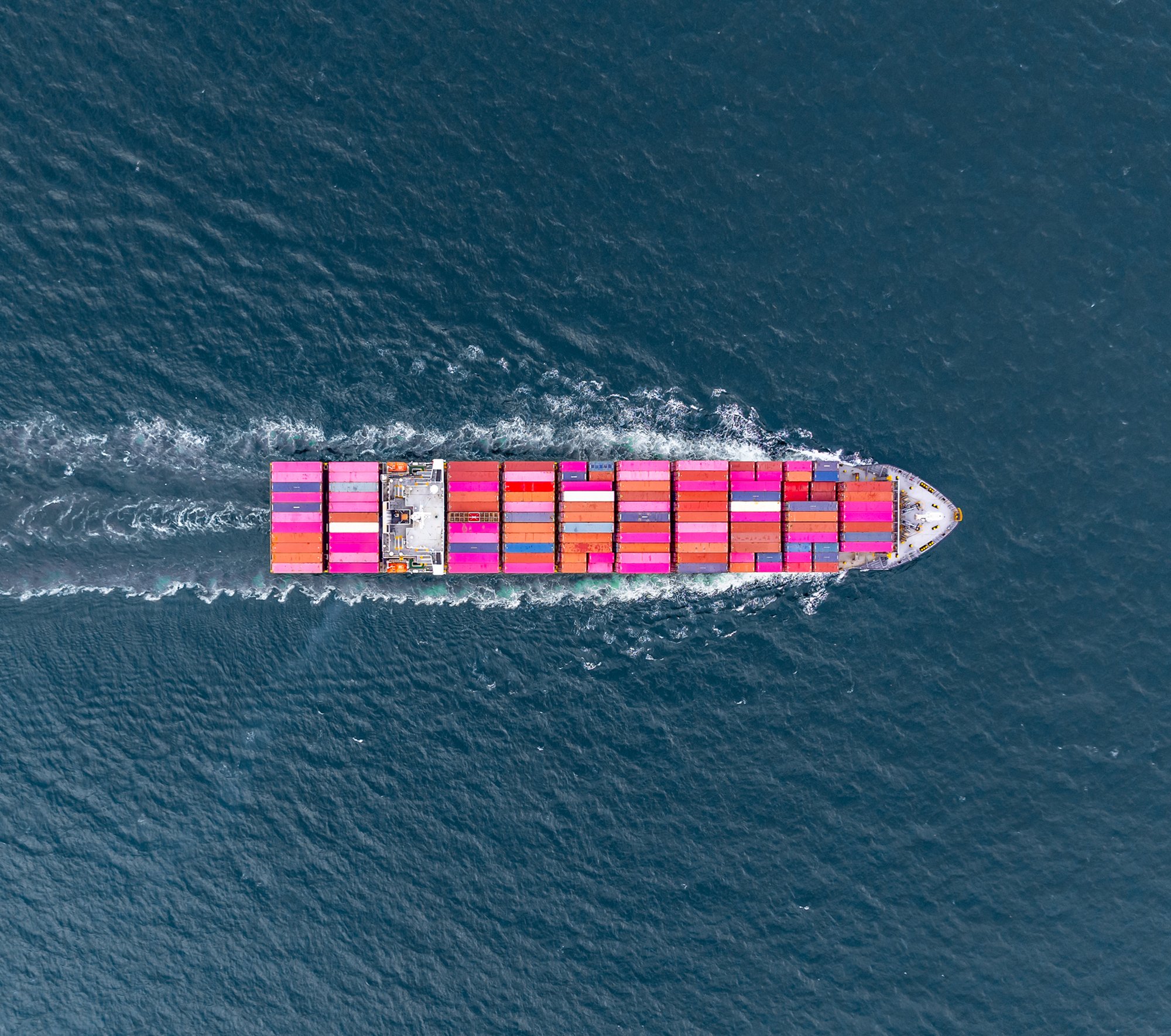Sandeep Gupta, SVP of Product
The suspension of the de minimis exemption (Section 321) is a monumental shift for logistics providers—from giant express carriers like FedEx and UPS to the thousands of global freight forwarders—whose business models were optimized around high-volume, frictionless small parcels. The end of duty-free, minimal-paperwork entry is forcing a profound pivot from a speed-and-volume focus to a compliance-and-data-first approach.
Here is what the change means for these crucial Global Trade Management (GTM) partners:
Express Carriers (FedEx, UPS, DHL)
For major international carriers, the impact is immediate and structural:
- Capacity Reallocation: Carriers are seeing a drastic drop in international e-commerce air cargo volumes on major trans-Pacific lanes, particularly for low-value goods. They are responding by reallocating air freight capacity to more stable or growing corridors, such as intra-Asia routes or Asia-to-Europe, to mitigate the revenue hit.
- Operational Friction: The core challenge is the shift from a simplified, automated clearance process to a requirement for a full customs entry on every single shipment. This adds bottlenecks to sort facilities and increases the risk of customs holds, which compromises their brand promise of speed.
- Cost and Pricing: Carriers have already implemented new customs processing fees or surcharges to cover the dramatically increased compliance and administrative costs associated with classifying, valuing, and formally filing paperwork for millions of previously “frictionless” packages.
Customs Brokers and Freight Forwarders
For traditional freight forwarders and customs brokers, this change is both a compliance headache and a major business opportunity:
- Compliance as a Service: Freight forwarders and customs brokers are now essential intermediaries. E-commerce merchants, drop shippers, and small brands that relied on the automated, duty-free process often lack the internal expertise to handle Harmonized Tariff Schedule (HTS) classification, customs valuation, and formal entry documentation. They are now turning to forwarders for end-to-end management.
- The Pivot to Bulk: Forwarders are actively counseling clients to shift away from individual parcel shipments toward consolidated, bulk importation. This strategy reduces the frequency of customs filings and helps spread out the new, high compliance costs across more units, making it the most viable long-term strategy for high-volume sellers.
- New Fulfillment Models: Forwarders are leveraging their expertise in Foreign Trade Zones (FTZs) and bonded warehouses to help clients defer duties and reduce costs. They are also integral in designing hybrid fulfillment models where goods are shipped in bulk to a strategic location (like a warehouse in Mexico) and then distributed domestically in the U.S.
In essence, the end of de minimis has killed the model of high-volume, low-information trade—at least for now. The logistics industry can deal with this sea change by investing in technology—automated HTS classification tools, duty/tax calculation engines, and enhanced data integration—to turn mandatory compliance into a new source of competitive advantage. With the advances in AI, especially natural language processing (NLP) and large language models (LLMs), not only can the industry deal with these changes, but they can also rewire their current processes because, as the old saying goes, “necessity is the mother of invention.”
Learn how you can create speed, accuracy, and agility in Global Trade Management at https://avathon.com/solutions/transportation/global-trade-management/
Read more about global trade challenges and how Avathon’s Autonomy for Global Trade Management tackles these challenges in our latest white paper: https://avathon.com/resources/white-paper-artificial-intelligence-is-the-future-of-performance-excellence-in-global-trade-management/
Relevant Industry Reading:
- Butzel Long: Suspension of De Minimis for Low-Value Import Shipments on August 29 May Disrupt Supply Chains, Especially Involving E-Commerce (Aug. 28, 2025).
- Logistics Viewpoints: FedEx and UPS Adjust Air Cargo Networks Amid De Minimis Policy Shift and Economic Headwinds (Sept. 25, 2025).
- FreightWaves: FedEx redeploys air fleet after US ends parcel tariff exemption (Sept. 19, 2025).
- The White House: Suspending Duty-Free De Minimis Treatment for All Countries (Executive Order, July 30, 2025).




